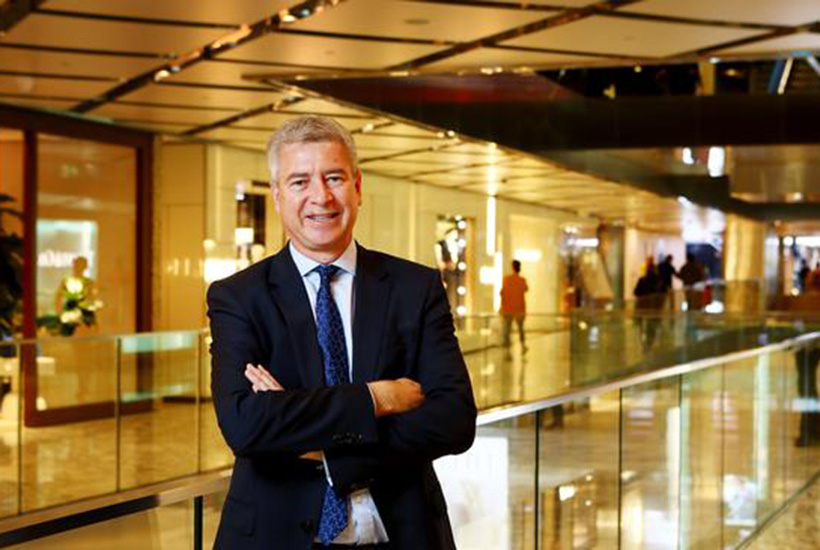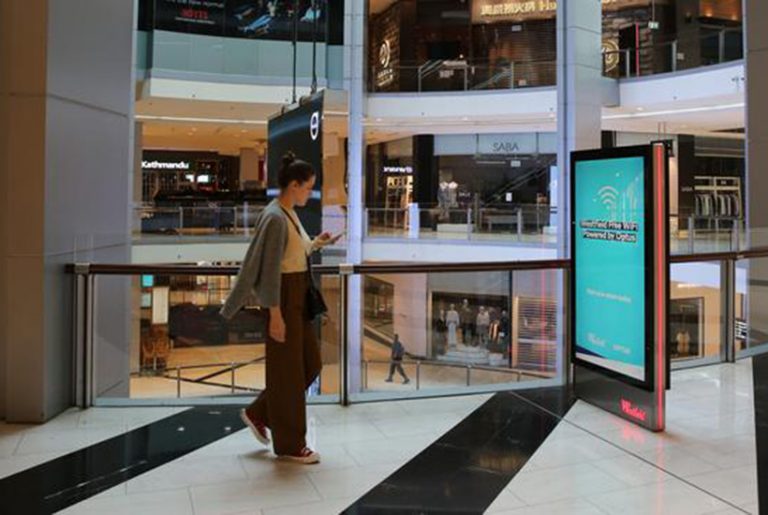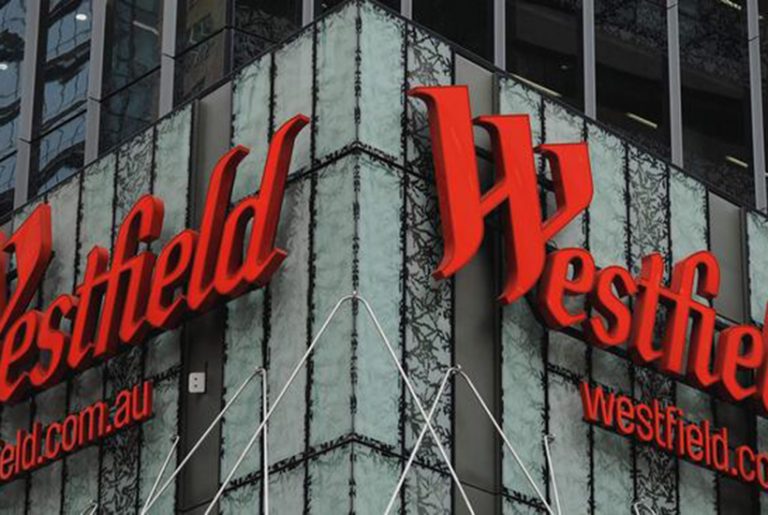Westfield owner to play rent relief hardball with retailers

The battle between shopping centre landlords and retailers is entering a new and potentially more dangerous phase as the country’s largest listed retail property company signals it will take a tough line on larger chains refusing to pay rent.
Scentre Group, led by veteran chief Peter Allen, has laid down the law to recalcitrant tenants, with the operator of the powerful Westfield shopping centre empire calling out retailers that refuse to pay rent while they collect the JobKeeper subsidy and trade profitably.
The landlord, which controls 42 top centres, is at the vanguard of a movement to ensure the commercial property industry does not bear a disproportionate cost during the pandemic.
The Property Council of Australia, on whose board Allen sits, last week warned the cost of providing relief to tenants could blow out to almost $15bn if the full extent of extending the Morrison government‘s leasing code out to March is taken into account.
Delivering Scentre’s results, Allen acknowledged retailers were going through some difficult times. But the company‘s actions are also speaking loudly.
Scentre last week boarded up about 129 stores run by the listed Mosaic Brands, owner of the Noni B, Millers, Rivers, Katies, Crossroads and EziBuy brands.
Allen calls the Morrison code clunky and says its not necessarily meeting the “real needs” of those mum and dad retailers ”who really deserve it”.
At the larger end, he says there is an obligation where leases and rents have been mutually agreed that neither party can simply voluntarily change the arrangement.
He also called out the $1.6bn the property industry has already provided in relief, pointing out Scentre was not paying a distribution for this half, hurting smaller investors.
In a nod to the high business and political stakes that Westfield and other landlords rare playing for, Allen has met with state treasurers and finance ministers, arguing that rental relief has come out of Scentre’s own pocket, rather than state funds.
He acknowledges some smaller owners of property are not dealing with the code correctly. But that is not the main problem.
Defining small business
Instead Scentre wants to cut back the definition of a small business from $50m to just $5m to qualify for rental relief so mum and dad operators are protected. Landlords also need their right to enforce deals – ultimately via evictions – back and proof of tenant distress.
“There needs to be a quid pro quo in that regard,” Allen says. An extension of the code, provided it was limited to those people who really need it, would be acceptable.
The Scentre boss is looking past short term wins and losses, warning governments that shopping centre owners would find it very difficult to keep investing in future if too many concessions went to retailers to get them through the pandemic.
Allen argued against “spending all that firepower now in terms of saving a number of retailers, which potentially don‘t necessarily need to have that level of support”.

Premier Investments chairman Solomon Lew. Picture: Aaron Francis
“It’s very easy for governments to tick a box and extend it, because it’s not coming out of their pocket,” he says.
Scentre wants to reframe the debate. While the company may be large, it is owned by mum and dads and their superannuation funds, and too much relief would hit their investments.
“I think that we need to be able to facilitate the whole story,” Allen says.
That’s just the political battle. There is still the business fight against Premier and other chains pushing for percentage based rents.
Allen is dismissive saying he can‘t understand the mindset behind the call as the company is a landlord, not a retailer, and Scentre has no intention of directly investing in shops.
Westfield has a reputation as a hard-headed landlord and as the economy heads into a protracted recession all its bargaining skills will be called on.
This article originally appeared on www.theaustralian.com.au/property.







